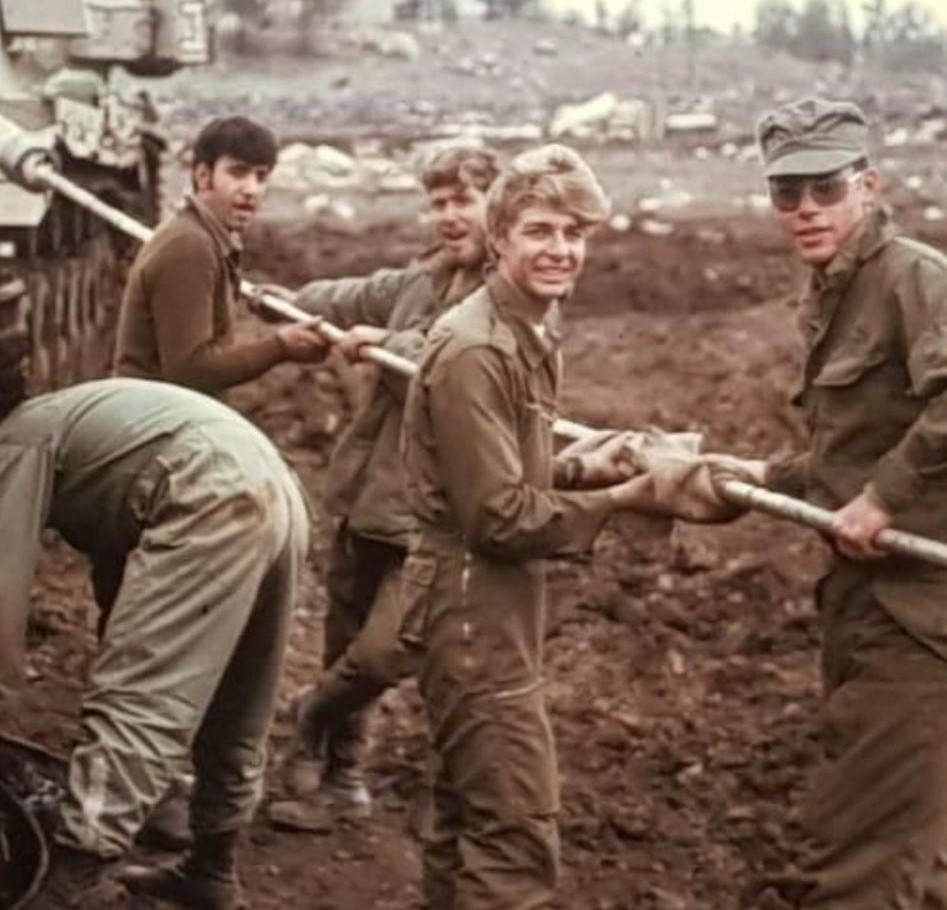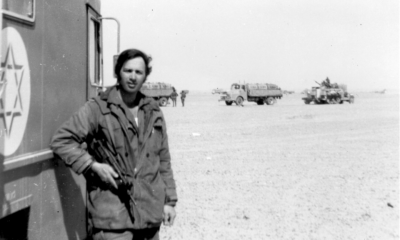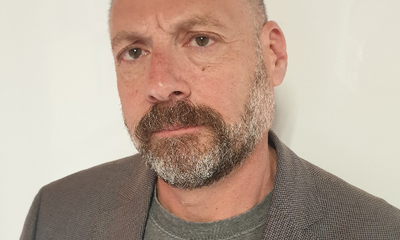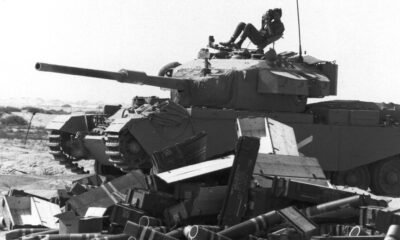
Israel

Yom Kippur War haunts survivors 50 years on
A year after finishing matric, South African Barry Feldman found himself on Israel’s frontline, defending the Jewish state from Syrian forces, which were part of an Arab coalition that launched a surprise attack against Israel on Yom Kippur on 6 October 1973.
He was one of many young people who put their lives on the line 50 years ago.
“We were absolutely ‘green’, although fortunately, our commanders weren’t,” says Feldman. “At 10:00 on Yom Kippur, we were told that we may have to go into action at 18:00 and that there were 1 000 tanks opposite us and we had 110. A few minutes after 14:00, everything started exploding around us and about an hour later, we were on the frontline in the south section of the Golan. In the first 24 hours, my unit lost five of our 11 tanks. When we ran out of ammunition, we took it from damaged tanks.
“When we were completely surrounded, they organised a convoy of tanks from all the units in the area, and we pulled out through enemy controlled territory, getting back to our lines by morning,” he says. “We hit enemy tanks at a range of 50m during the night. We fought with the six remaining tanks until the sixth day of the war, by which time the Israeli army had retaken all the territory that the Syrian army had occupied.”
Feldman made aliya in January 1972 after finishing matric. Originally from Johannesburg, he now lives on Kibbutz Yizre’el in Israel’s north. “I joined the army in May 1972,” he says. “I was in the Nachal infantry unit. In July 1973, I went for advanced training in tanks. We had done the basics, and I was a tank driver in Centurion tanks. We started training as a tank unit only two weeks before the war.”
He says his parents back in Johannesburg had no idea he was fighting in the war. Even his brother, Jules, who was also fighting on the front, assumed that his brother was too inexperienced to fight and was still in training. That’s what he had told their parents back home.
Even those not on the frontline were affected by the war. Leon Singer, who now lives in Cape Town, says, “I didn’t fight in the Yom Kippur War but I was at Kibbutz Kfar Blum [in Israel’s north] on the day war broke out. It was scary. We heard tanks rumbling. I saw Israeli planes chasing after Syrian Migs, and one was shot down outside our kibbutz. The nights were eerie. Once I walked into the dining room and it was pitch black and somebody was playing the theme from Exodus on the piano.”
Dr Michael Morris was living in Durban but was called upon by Israel to treat war wounded in hospital emergency rooms. He didn’t hesitate. “At that time, emergency medicine hadn’t evolved yet in South Africa or many other places around the world,” he says from Cape Town, where he now lives. He was therefore one of the few doctors who knew how to provide emergency care for catastrophic injuries, and he saw many. “The wounds included terrible gunshot wounds, burns, and missing limbs,” he says.
Feldman says he knows many fellow soldiers who were wounded or killed, including in his own unit. “After five days of nonstop action, we were exhausted. After not enough hours of sleep, we were woken up and told that we were to have the honour of being among the first tanks to break through into Syria. About 10km into Syria, my tank was hit. We all got into a second tank, which had also been damaged, but was still drivable. That tank was then hit again. We all got out and managed to get into the third tank – now 12 of us in the tank.
“There was no space, so the commander had half his body out of the tank and was hit by a bullet and killed. The tank was then hit by a shell in the turret. The flash of heat was unbelievable. The driver just kept driving because he hadn’t been given a different command.
“I had some burns, shrapnel in my legs, and a piece of shrapnel in my eye. I was taken to the hospital in Safed, and spent three days there. I was treated and sent to a recuperation centre in Nahariya. When we arrived at the hospital, each soldier was given a woman soldier to see him through the process. I was in shock and couldn’t stop talking. She’s still probably having nightmares to this day. I told her everything down to the last gory detail!”
After a few days in the recuperation centre, he and two others decided it was time to go back to their unit. “We came back to the kibbutz for one night, and then hitchhiked back to the front, which was now about 40km from Damascus. I found my unit, and was there for the next six months. The winter was the coldest that the area had known for many years. The temperature went down to minus 13 degrees centigrade. If you touched the tank without a glove, your hand would stick to it.
“We spent two weeks on the frontline, and then two weeks further back in the villages. At some point [Prime Minister] Golda [Meir] and other members of government visited. On 22 April 1974, [after a prolonged war of attrition in the Syrian bulge], a ceasefire was declared. We pulled out, and a few days later, I was released from the army.”
However, others weren’t so lucky. Feldman knew South African olim David “Dudi” Silbowitz and Neil Freed, who died in the first few weeks of the war. Silbowitz was born in 1948 in Cape Town, and Freed in 1949 in Johannesburg. In 1971, the close friends made aliya. They settled on Kibbutz Yizreel. Silbowitz was a founder of rugby and cricket in Israel. He represented Israel in cricket at the Maccabi Games. Freed married Jenny Kahn.
Both young men volunteered for the army. After basic training, they did advanced training in the tank corps, and were allocated to reserve units. When the Yom Kippur War broke out, their unit was sent to the Egyptian front. On 18 October 1973, they were ambushed by Egyptian forces on the Egyptian side of the Suez Canal. The tank that both men were in received a direct hit but continued to move forward, ablaze. The tank took a second hit before blowing up. None of the crew survived.
Freed was posthumously awarded the rank of corporal. Both were buried on their beloved Kibbutz Yizre’el, where a memorial to them still exists today. Silbowitz was 24 and Freed was 25 years old. Every year, a ceremony is held to remember them.










